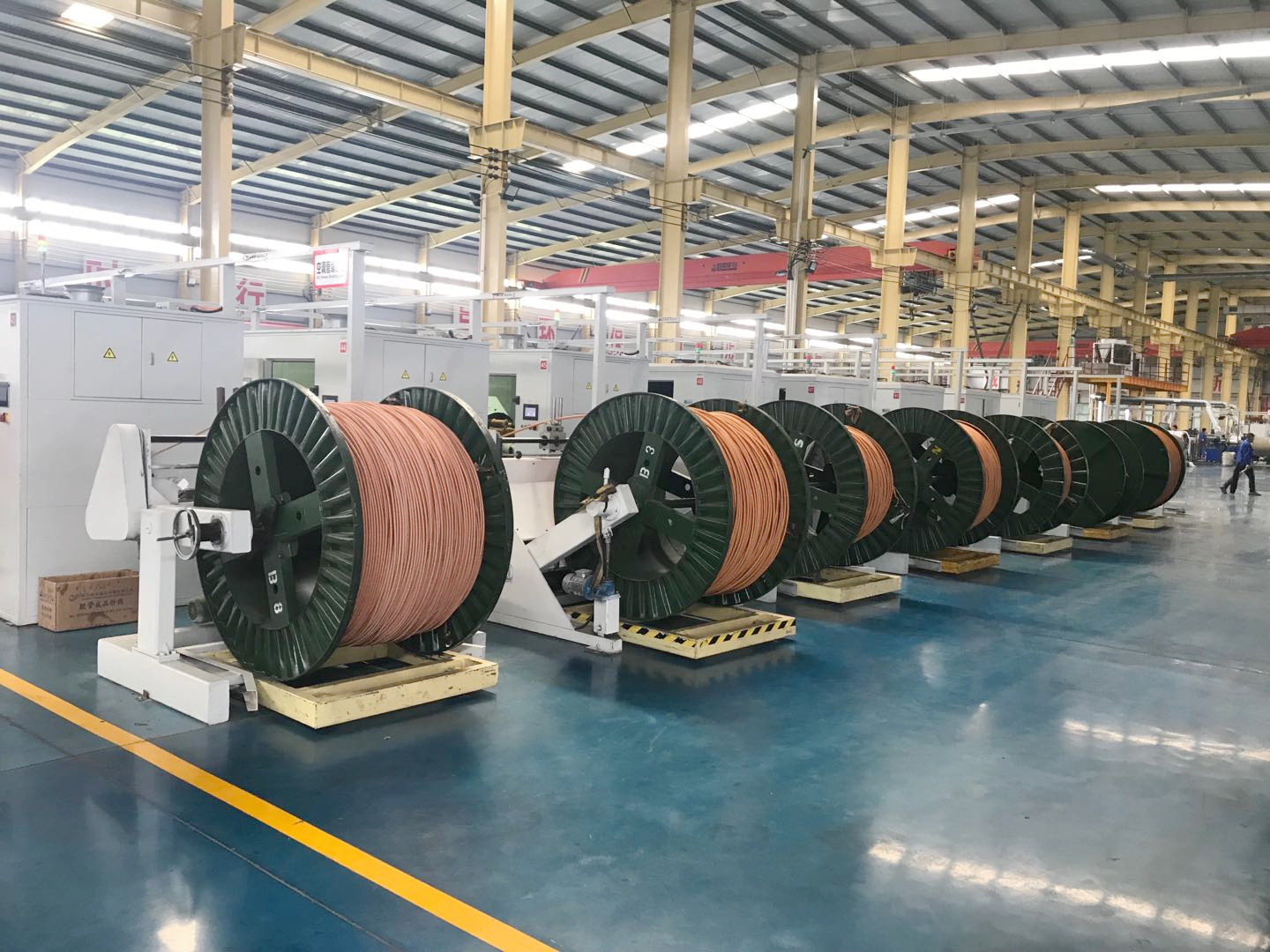Nov . 10, 2024 03:45 Back to list
Custom Hydraulic Hose Manufacturers for All Sizes and Applications Worldwide
Understanding Custom Hydraulic Hose Manufacturing
In the realm of industrial equipment and fluid power systems, hydraulic hoses play a pivotal role in ensuring the smooth operation of machinery across various sectors. Custom hydraulic hoses are specifically tailored to meet unique demands of different applications, enhancing efficiency and reliability. This article delves into the importance of custom hydraulic hose manufacturers, exploring the benefits of customization, the manufacturing process, and key factors to consider when seeking a supplier.
The Importance of Customization
Every hydraulic system is distinct, often requiring hoses that are not only resistant to various fluids but also capable of withstanding extreme temperatures and pressures. The ability to customize hydraulic hoses allows manufacturers to produce hoses that meet specific dimensional and pressure-related requirements. A tailored solution can result in enhanced performance, minimized risk of failure, and overall improved efficiency in operations.
Moreover, industries such as construction, agriculture, and manufacturing often utilize hydraulic machinery that operates in challenging environments. Custom hydraulic hoses designed for such conditions can include specialized features like abrasion resistance, flexibility, and adaptability to varying load capacities. This adaptability ensures that machinery runs smoothly, reducing downtime and maintenance costs.
The Custom Hydraulic Hose Manufacturing Process
The manufacturing process for custom hydraulic hoses involves several key steps to ensure that the final product meets the exact specifications required by the customer.
1. Initial Consultation The process typically begins with a consultation where the manufacturer gathers detailed information about the specific application. This includes factors like operating pressure, temperature range, fluid type, hose length, and any environmental considerations.
2. Material Selection Next, the manufacturer selects the appropriate materials for the hose and fittings. Different materials can be used based on the application’s requirements, including rubber, thermoplastics, and stainless steel. The right material choice affects the hose's durability, flexibility, and chemical compatibility.
3. Design and Engineering Once materials are selected, engineers design the hose, considering the required specifications and industry standards. This step often involves CAD (Computer-Aided Design) technology to create precise measurements and configurations.
4. Production After the design is finalized, the production phase begins. This includes cutting the hose to the appropriate length, attaching fittings, and ensuring that the assembly is performed under strict guidelines to maintain quality.
custom all sizes hydraulic hose manufacturers

5. Testing and Quality Control Before the hoses are shipped, they undergo rigorous testing to ensure they can withstand the conditions they are designed for. This testing checks for leaks, pressure capabilities, and overall functionality, ensuring that the final product meets both safety standards and performance expectations.
6. Delivery and Support Finally, after passing all tests, the custom hydraulic hoses are packaged and delivered to the customer. Reputable manufacturers also offer post-sale support, which includes guidance on installation, maintenance recommendations, and troubleshooting assistance.
Choosing a Reliable Custom Hydraulic Hose Manufacturer
When selecting a custom hydraulic hose manufacturer, several factors need to be considered to ensure you receive a high-quality product that meets your specific needs
- Experience and Expertise Look for manufacturers with a proven track record in the industry. Experienced manufacturers will be more adept at understanding complex requirements and providing valuable guidance.
- Quality Standards Ensure that the manufacturer adheres to international quality standards, as this is paramount for safety and reliability.
- Customization Capabilities Verify that the manufacturer can meet your unique specifications and has the necessary equipment and expertise to produce custom hoses.
- Customer Service Choose a manufacturer that offers excellent customer support, including consultations and after-sales services to assist you through the entire process.
- Reviews and References Check references and read customer reviews to gauge the manufacturer’s reputation. Feedback from previous clients can provide insights into their reliability and product quality.
Conclusion
Custom hydraulic hoses are critical for the performance of hydraulic systems across various industries. By understanding the benefits of customization and the manufacturing process, and by carefully selecting a manufacturer with the right experience and capabilities, businesses can ensure they receive high-quality, tailor-made solutions that enhance their operational efficiency and reliability. The world of custom hydraulic hoses is ever-evolving, and staying informed ensures that you harness the full potential of your hydraulic systems.
-
Best Four Steel Wire Spiral Hose Hydraulic R12 – Durable High-Pressure Hose Manufacturer
NewsJul.08,2025
-
High-Quality 1/4 Hydraulic Hose – Soft, Flexible & Durable Rubber Hoses for Industrial Use
NewsJul.08,2025
-
1 1 2 Inch Hydraulic Flexible Hose - Durable, Reliable, High-Pressure Solutions
NewsJul.07,2025
-
High-Quality 1 2 Rubber Hose - Durable, Flexible Hydraulic Solutions
NewsJul.07,2025
-
Discover SAE Hydraulic Hose Types - High Quality & Durable Hoses from Leading Factory Supplier
NewsJul.06,2025
-
High Pressure Wire Hydraulic Rubber Hose Supplier Durable & Reliable 1SN Hose Solutions
NewsJul.06,2025
